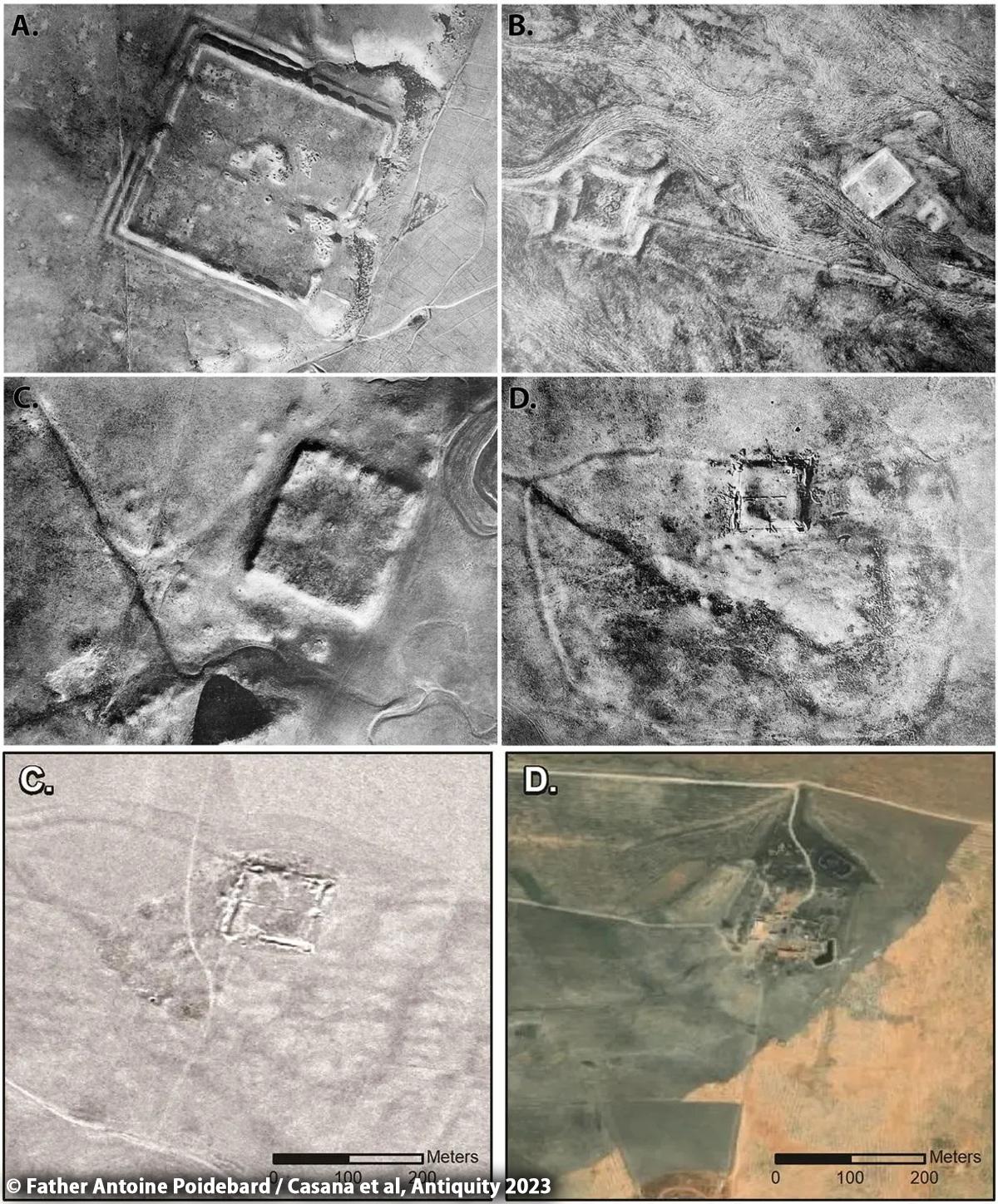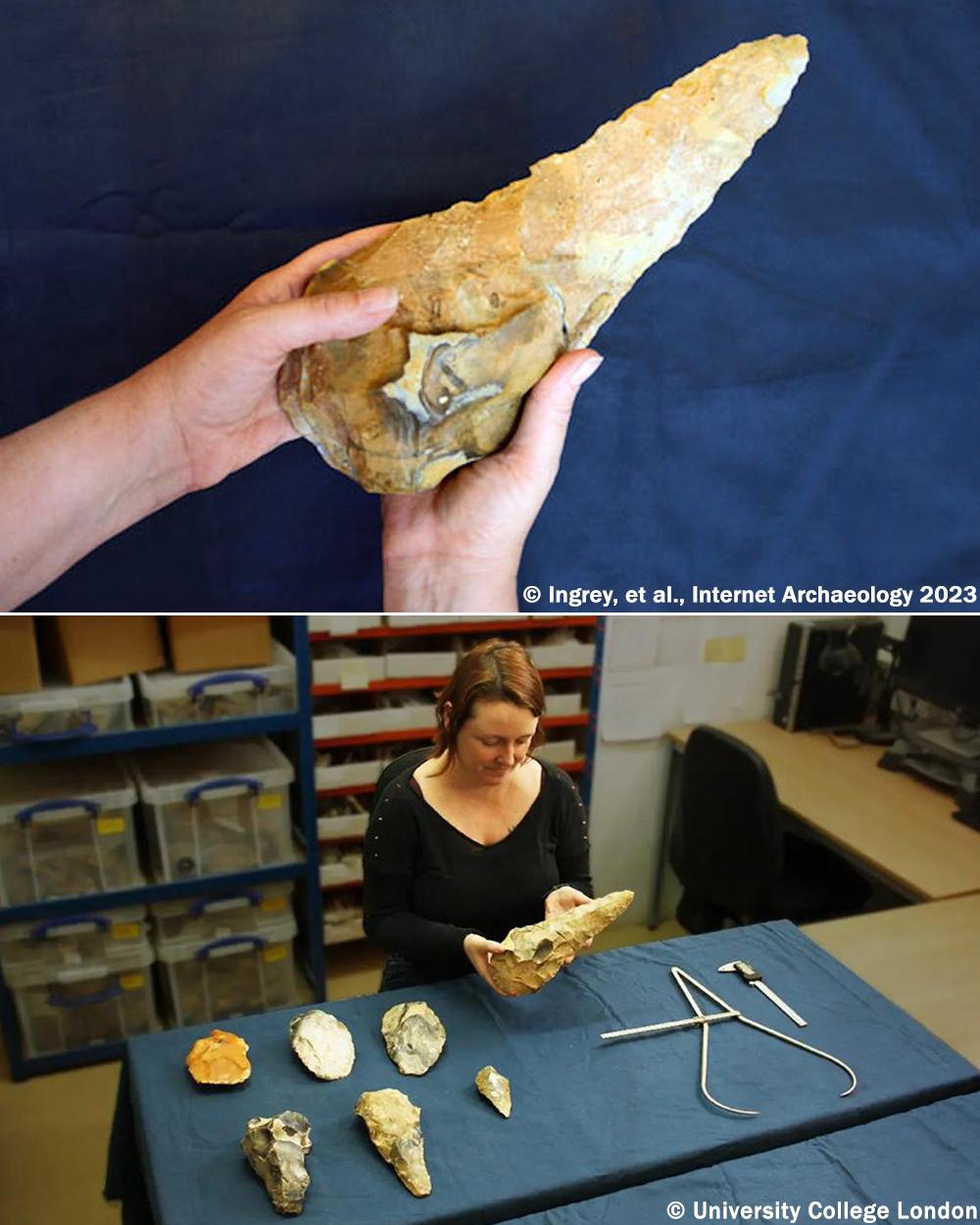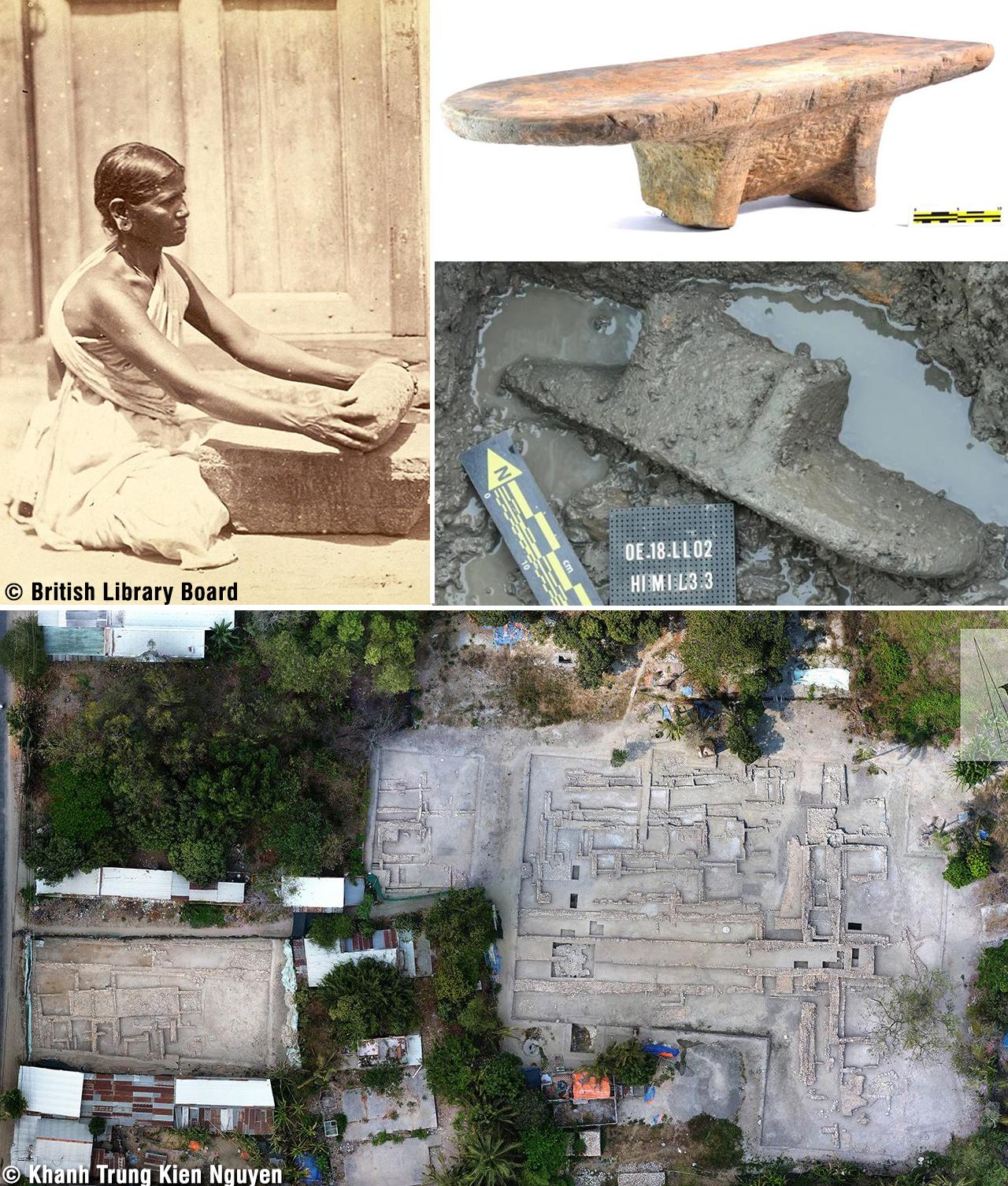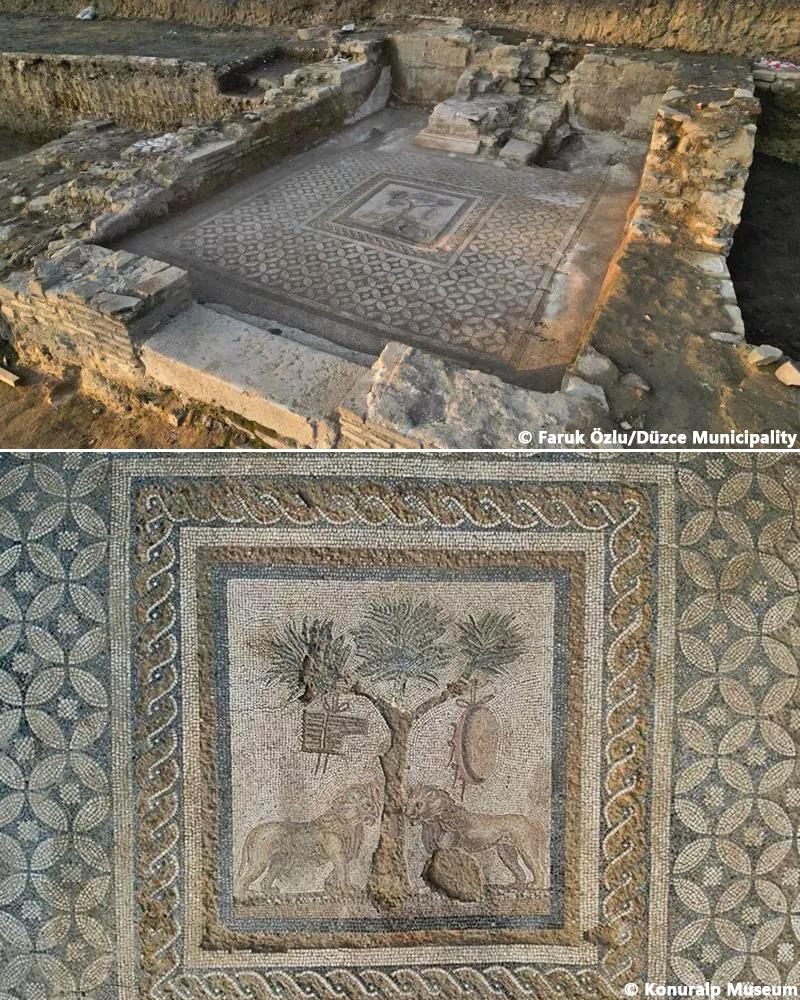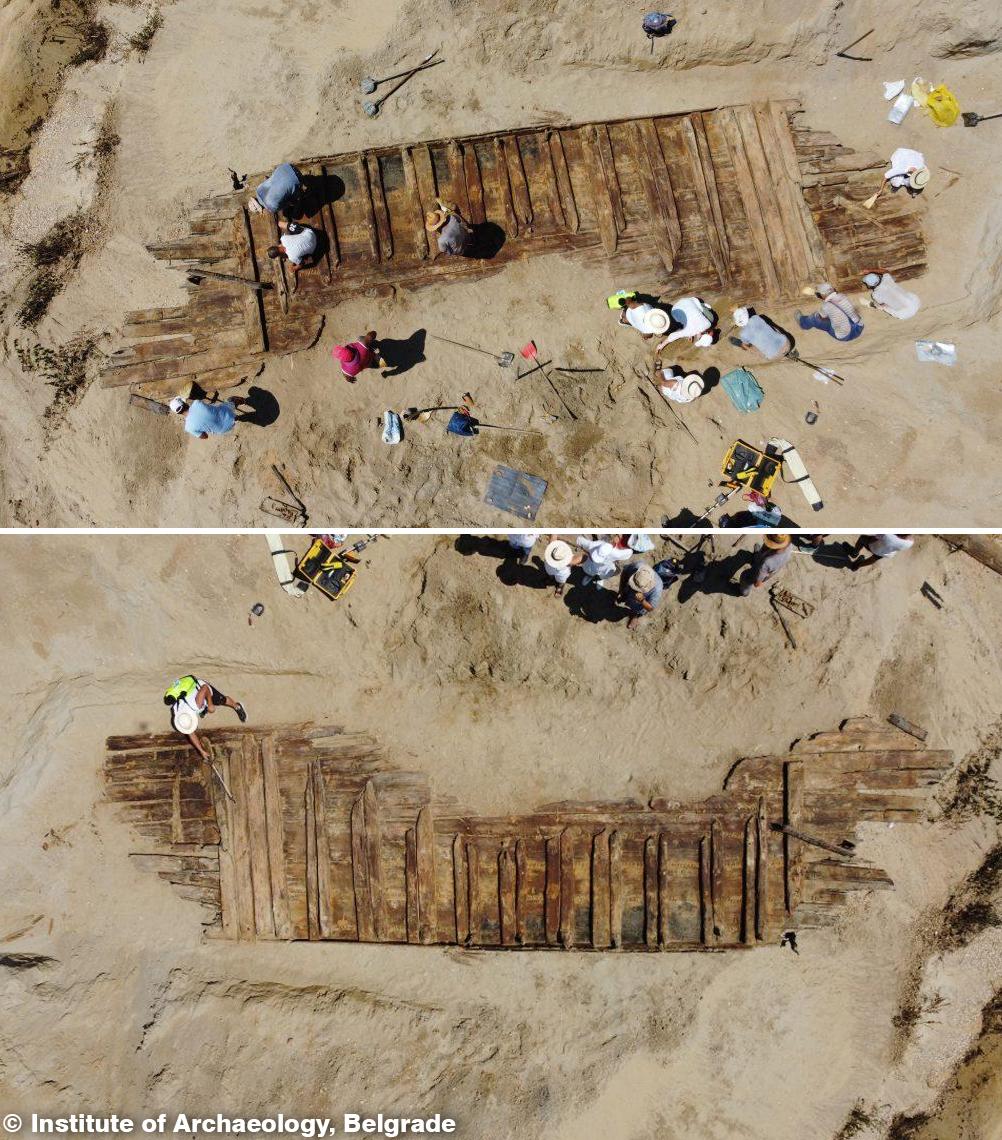"The conquering worm of time grinds extremely slow, but infinitely fine." This profound statement encapsulates the relentless passage of time and its transformative power. Time, like a silent conqueror, shapes the world around us, leaving its indelible mark on everything it touches.
"The conquering worm of time grinds extremely slow, but infinitely fine." This profound statement encapsulates the relentless passage of time and its transformative power. Time, like a silent conqueror, shapes the world around us, leaving its indelible mark on everything it touches. In this blog post, we'll delve into the deeper meaning behind this quote, exploring how the inexorable march of time has influenced human history, culture, and civilization.

Time's Unyielding Influence: From the rise and fall of empires to the aging of mountains and rivers, time leaves no corner of the world untouched. The before-and-after images of iconic landmarks such as the Great Wall of China and the Pyramids of Giza offer a poignant reminder of time's unyielding influence. These ancient structures, once symbols of power and grandeur, now stand as weathered remnants of bygone eras, bearing witness to the passage of centuries.
The Wisdom of Ages: As time marches forward, it bestows upon us the wisdom of ages past. Ancient texts, artifacts, and archaeological discoveries serve as windows into the lives of our ancestors, offering valuable insights into the human experience. The before-and-after images of archaeological sites like Pompeii and Machu Picchu reveal the fragility of human civilization in the face of time's relentless march. Yet, they also remind us of the resilience of the human spirit and the enduring legacy of our collective heritage.
Embracing Impermanence: In a world driven by constant change and upheaval, the concept of impermanence becomes a guiding principle for living a meaningful life. The before-and-after images of natural wonders like the Grand Canyon and the Great Barrier Reef underscore the fragility of our planet and the urgent need for environmental stewardship. By embracing impermanence, we cultivate gratitude for the fleeting moments of beauty and joy that enrich our lives, knowing that they too shall pass into the annals of time.
Conclusion: As we contemplate the conquering worm of time, we are reminded of the profound interconnectedness of all things. From the tiniest grain of sand to the mightiest mountain, everything is subject to the inexorable march of time. Yet, in its ceaseless passage, we find both loss and renewal, destruction and creation. Let us embrace the wisdom of ages past, cherish the fleeting moments of the present, and aspire to leave a legacy that will withstand the test of time.
Ancient Discoveries: In the midst of time's relentless march, archaeologists unearth the echoes of civilizations long past, shedding light on the mysteries of our shared history. From the ruins of ancient Mesopotamia to the lost cities of the Maya, these archaeological discoveries offer glimpses into the lives of our ancestors and the societies they built. Through the study of ancient civilizations, we gain a deeper appreciation for the resilience of the human spirit and the enduring legacy of human creativity and innovation. As we gaze upon the before-and-after images of these ancient wonders, let us honor the triumphs and tribulations of those who came before us, knowing that their legacy lives on in the annals of time.


